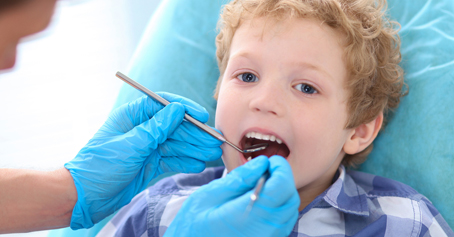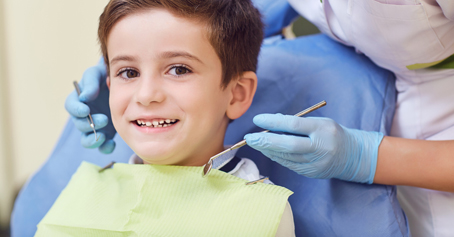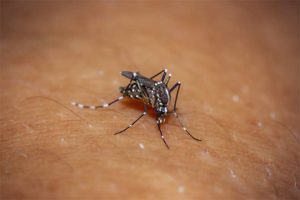A dentist, also known as a dental surgeon, is someone who specializes in dentistry, the diagnosis, prevention, and treatment of diseases and conditions of the oral cavity. A dentist’s supporting team aids in providing oral health services.
In general, the dental team includes dental assistants, dental hygienists, dental technicians, and sometimes dental therapists. There are 9 fields of dental specialties and Pediatric Dentistry is one of them. Dentists in this field provide a wide range of treatments for infants and children through adolescence.
Pediatric dentists are dedicated to the oral health of children from infancy through the teen years. They have the experience and qualifications to care for a child’s teeth, gums, and mouth throughout the various stages of childhood. The main difference between a dentist and a pediatric dentist is the later specializes in dentistry for children and a general dentist does not. Like orthodontists or periodontists, pediatric dentists have special training and education that make them more qualified to work with kids than other dental professionals may be.

Babies begin to get their baby teeth during the first 6 months from their birth. They tend to start losing their baby teeth (primary teeth) starting from age 6 to 7, which will then be replaced by their secondary teeth, which are permanent. Without proper dental care, children face possible oral decay and disease that can cause lifetime of pain and complications. In modern world, early childhood dental caries an infectious dental disease is 5 times more common in children than asthma and 7 times more common than hay fever.
It is very important for a pediatric dentist to learn child psychology which will aid in better communication between the pediatric dentist and the children. So, dentists that specialise in this field get trained in child psychology to facilitate providing better treatment to children. Dentists undertake child-specific training for an additional two or three years after fulfilling their basic dental school requirement to become specialised in Pediatric Dentistry.
These dentists are trained to treat special cases, provide anaesthesia, and manage growth and teeth developmental issues in children.
Diagnosis & Examinations
Dental Exams, X-rays, and computer imaging allow pediatric dentists to predict and correct future oral problems in children. Few examples of such future oral problems include overbites, under bites, teeth grinding and jaw irregularities. In some cases, it is best to correct these issues early in childhood.
Oral Education

Teaching good oral hygiene to children is the major part of a pediatric dentist’s duties. Not only will a pediatric dentist help the children understand the importance of daily oral care, but will provide parents with basic information as below:
- Which tooth paste to use
- Proper diet
- How to stop thumb-sucking
- A wide range of related topics
Other Treatments
There are a wide range of other treatments that will be given by pediatric dentists. Pediatric dentists treat a range of oral health issues in children. Other common services that are provided by Pediatric Dentists are:
- Filling cavities
- Removing teeth
- Fixing broken teeth
- Treating sensitive teeth
They generally administer anesthetics for certain procedures and might write prescriptions for antibiotics and pain medications. A Pediatric Dentist can also identify instances in which orthodontic or surgical work is necessary or advisable. For instance, pediatric dentists identify when teeth need to be straightened and refer patients for orthodontics, which is another service that treats irregularities in the teeth and jaws.

In addition, pediatric dentists also do undertake regular work of a normal dentist also. On the whole, the job of a pediatric dentist is really tricky, for instance, infants cry at the first sign of aggravation. They’re also unresponsive to requests to open their mouths. Pediatric dentists must do oral exams on infants and identify potential signs of caries. In extreme instances, they have to do surgery on infants. That’s a difficult procedure that requires a great deal of skill.



